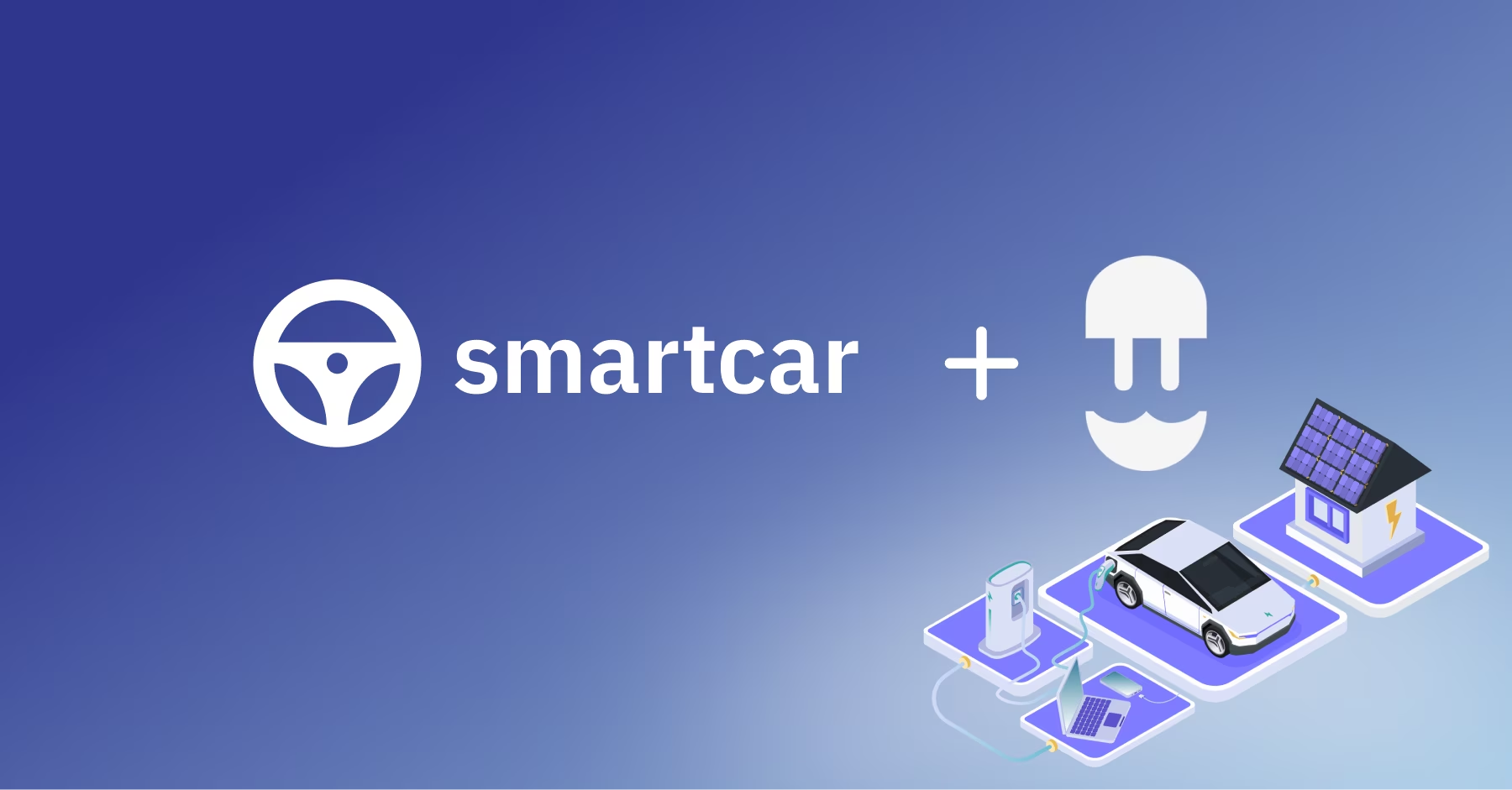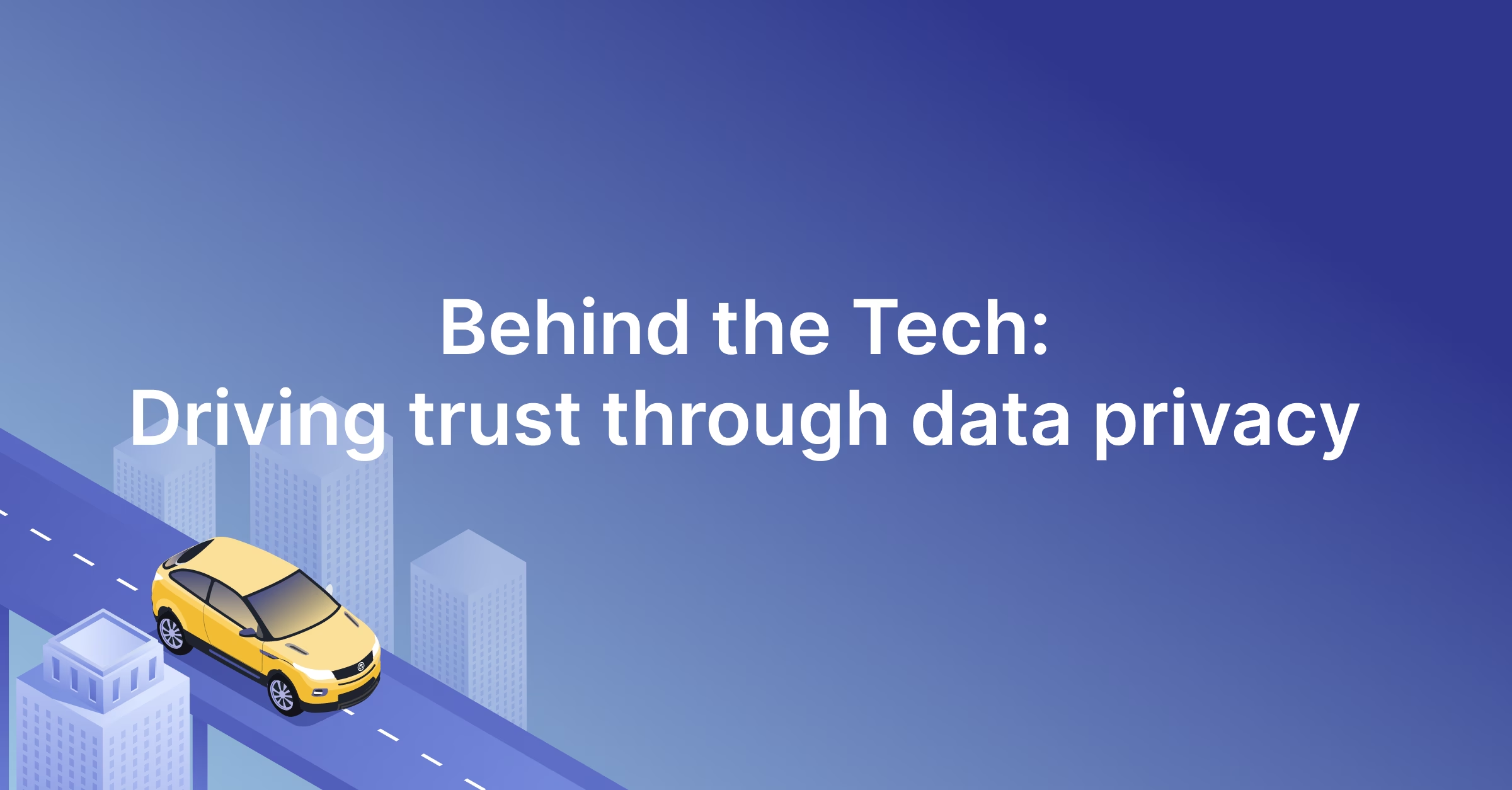Connected cars are one of the biggest advancements in vehicular technology. Each connected car comes with a cellular modem that allows it to connect to the internet. This allows the vehicle to share connected car data with apps and services that make vehicle ownership easier than ever. No more wondering whether you forgot to lock your car—drivers can now lock and unlock their car doors remotely using their phones. That’s just one of many features that connected cars have to offer.
With a connected vehicle, drivers can share their mileage with their auto insurance provider. They can rent out their vehicle on car sharing platforms without the need to hand over their keys. They can even allow their electric utility provider to automatically charge their EV at the most optimal times. For drivers, connected car technology alleviates a lot of the hassles that go along with car ownership. For businesses, it’s never been easier to connect to a customer’s vehicle and offer innovative products based on available and accurate connected car data.
Here’s what businesses that are exploring mobility apps and services need to know about connected car data.
What kinds of data can connected cars provide?
From location and mileage to EV battery and fuel tank level, mobility businesses use Smartcar's consent-based platform to retrieve car data from connected vehicles.
📍 Location
Retrieve the geographic coordinates of a car’s last known location.
⏲ Mileage
Verify a vehicle’s exact odometer reading.
🔋 EV battery
Check an electric vehicle’s state of charge and confirm whether it is currently charging.
⛽ Fuel tank level
Know how much fuel remains in a gas vehicle’s tank.
🔧 Tire pressure & engine oil life
Read the tire pressure and the remaining engine oil life of a vehicle.
How can businesses use connected car data?
Connected car data is extremely beneficial for businesses in several different industries. Let’s take a look at three examples.
Auto insurance providers
Instead of relying on self-reporting by drivers, connected car data allows auto insurers to verify mileage, garaging locations, and VINs directly from vehicles. Underreported mileage costs auto insurers billions of dollars in premium leakage every year. By using car API platforms, like Smartcar, insurers can connect directly to each customer’s vehicle to accurately verify mileage and other information.
Car sharing businesses
Car sharing businesses use connected car data to share a vehicle’s location with renters and to verify the car’s mileage and fuel tank level after each trip. These businesses also use connected car APIs to offer contactless car sharing, allowing renters to unlock vehicles directly from their phones.
Energy and electric utility providers
As electric vehicles become more common, electric utility providers will undoubtedly struggle to manage the strain that EVs put on the electric grid. But by using data from connected vehicles, utilities can monitor and understand EV charging behavior to better predict electricity usage and prevent rolling blackouts. With connected car APIs like Smartcar, utility providers can even go one step further and offer scheduled charging features to automatically charge EVs during off-peak hours.




.jpg)

